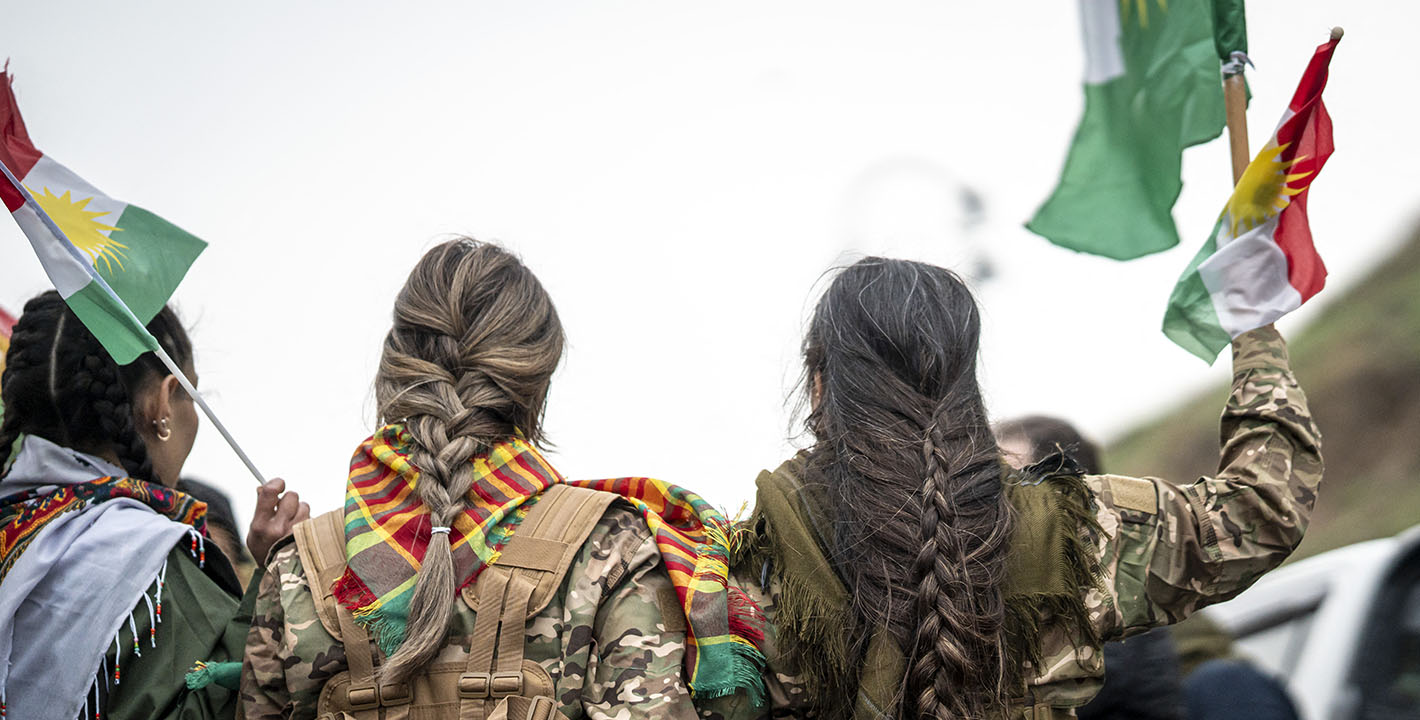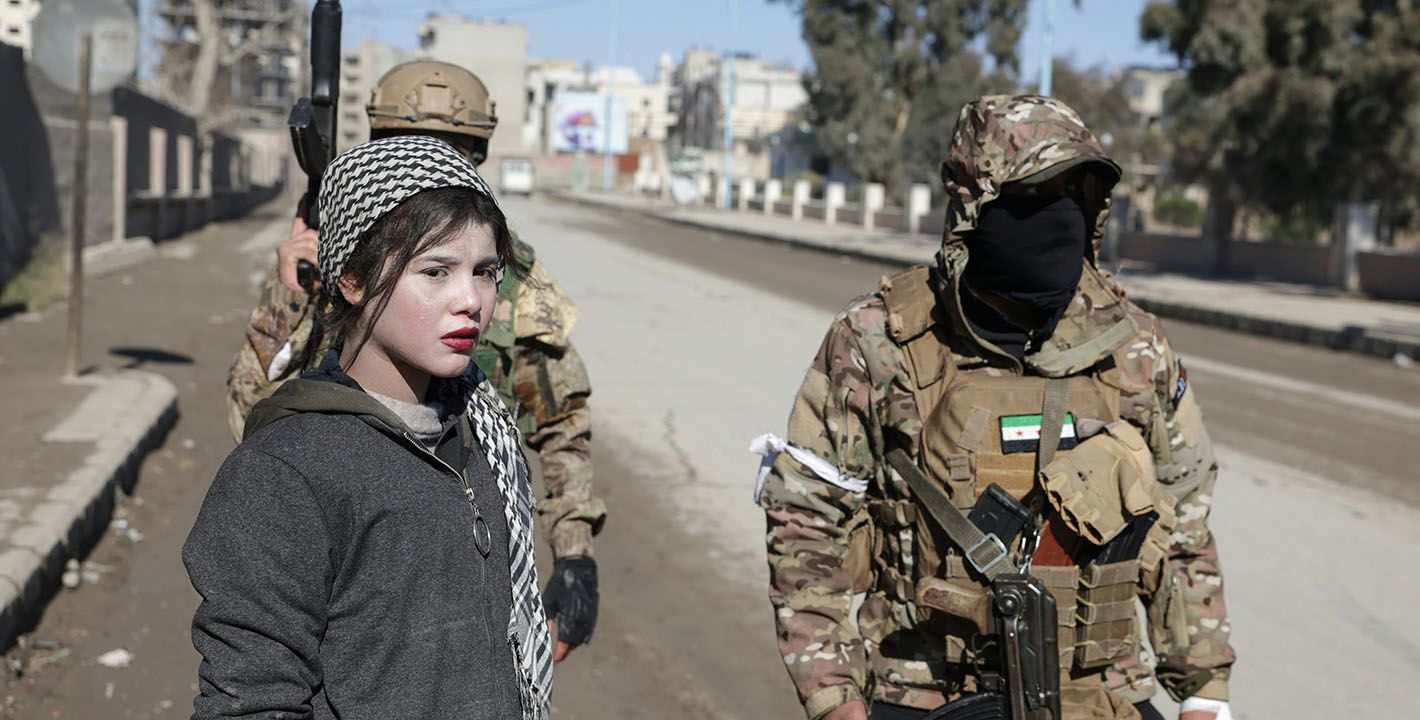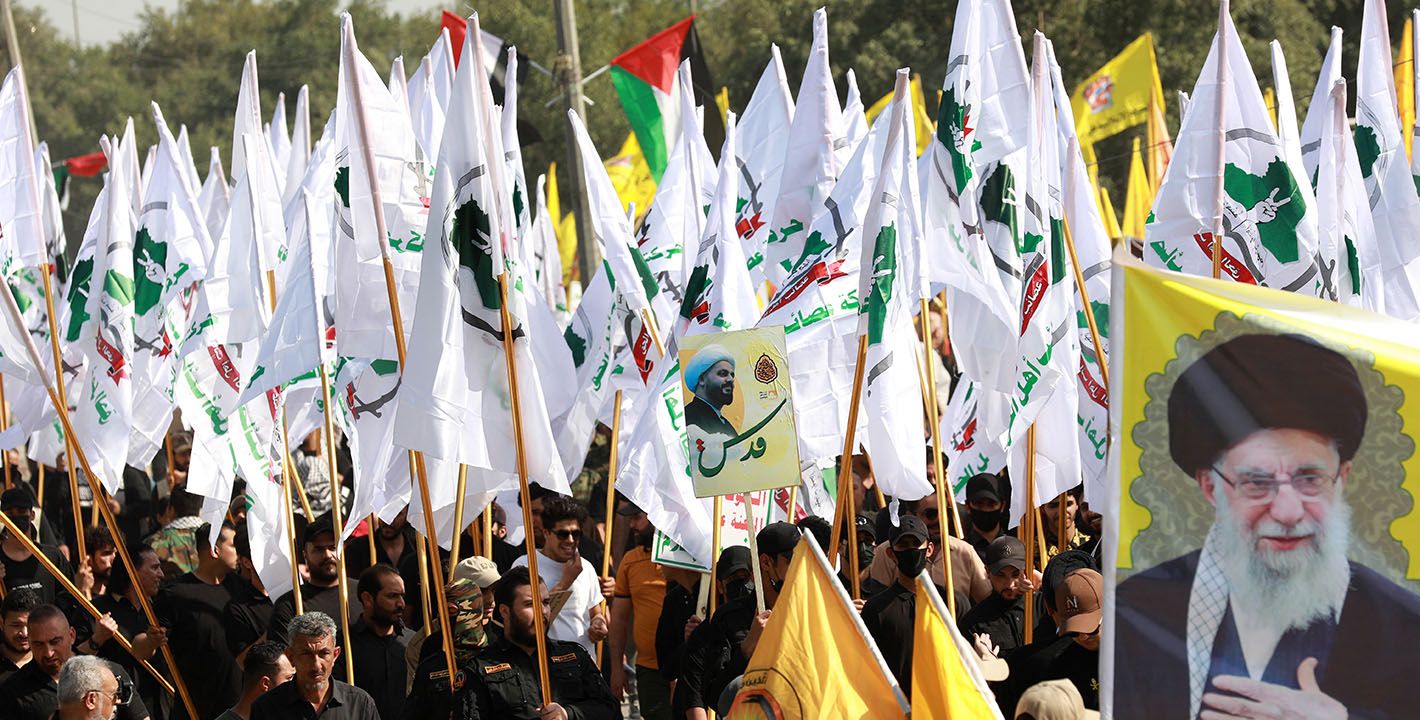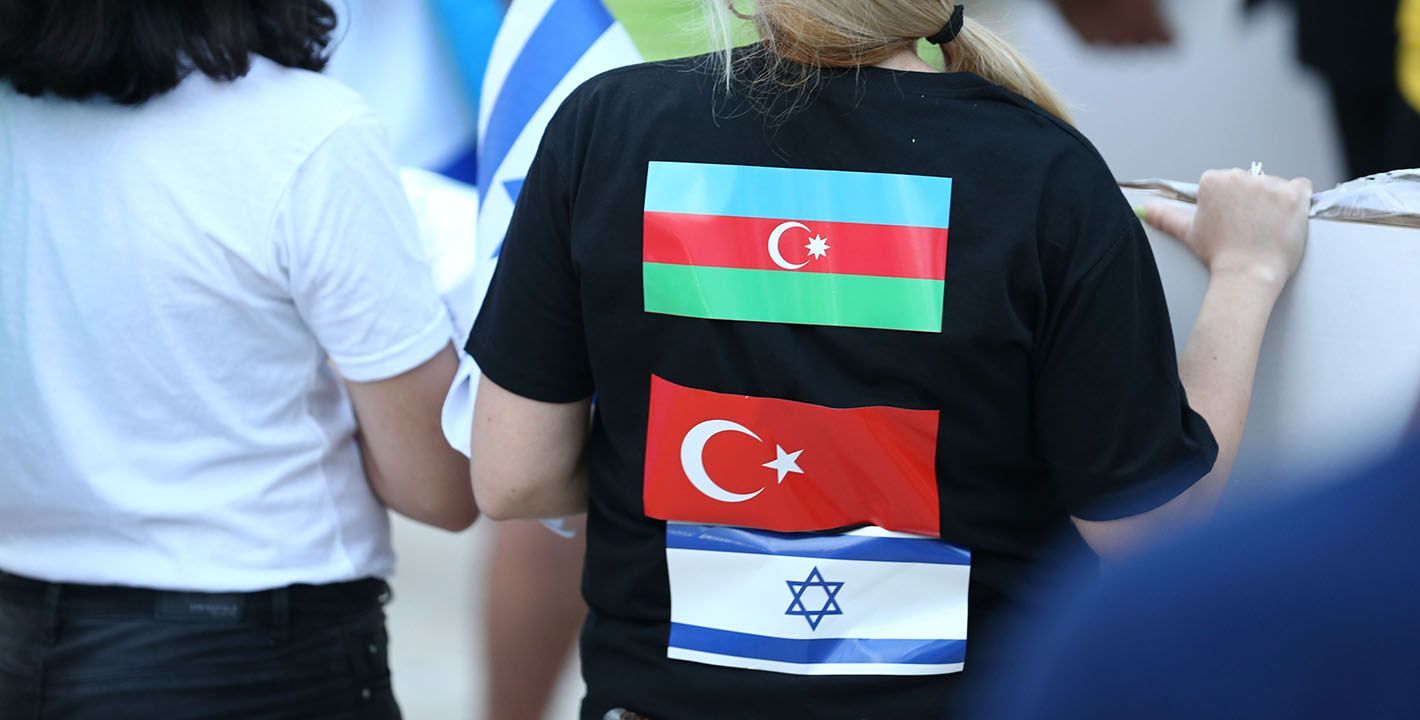Michael Young
{
"authors": [
"Michael Young"
],
"type": "commentary",
"blog": "Diwan",
"centerAffiliationAll": "dc",
"centers": [
"Carnegie Endowment for International Peace",
"Malcolm H. Kerr Carnegie Middle East Center"
],
"collections": [
"Inquiring Minds"
],
"englishNewsletterAll": "menaTransitions",
"nonEnglishNewsletterAll": "",
"primaryCenter": "Malcolm H. Kerr Carnegie Middle East Center",
"programAffiliation": "MEP",
"programs": [
"Middle East"
],
"projects": [],
"regions": [
"Levant",
"Iraq",
"Middle East"
],
"topics": [
"Political Reform",
"Civil Society"
]
}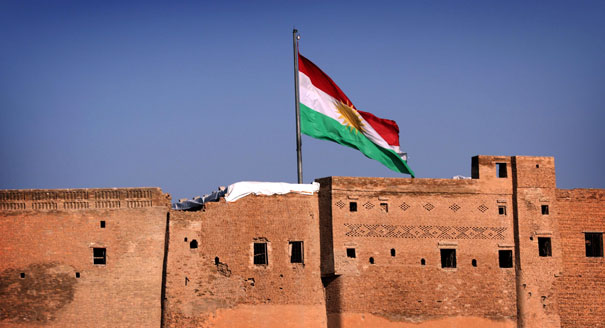
Source: Getty
Will the September 25 Referendum in Iraqi Kurdistan Lead to an Independent State?
A regular survey of experts on matters relating to Middle Eastern and North African politics and security.
Sinan Ulgen | Visiting scholar at Carnegie Europe in Brussels
In short, no. Even if the referendum is held and the outcome is supportive of independence, regional dynamics will not allow the Kurdistan Regional Government (KRG) to advance its secessionist agenda for the foreseeable future. Many of the regional powers as well as the non-Kurdish population of Iraq are opposed to an independent Kurdish state. That is also the case for Turkey, which has very sound relations with the KRG leadership. Turkish policy has shifted considerably over time. Kurdish independence is not a strong red line for Ankara anymore. But at the same time, Ankara is also keenly aware of the potential for this development to trigger further instability in the region. Turkey is also concerned about the state of the contested territories in Iraq, and Kirkuk in particular. So the only scenario that could potentially receive Turkey’s backing is the emergence of an independent Kurdish entity as a consequence of a negotiated settlement. Any other path to independence will be met with Turkey’s strong diplomatic opposition.
Wladimir van Wilgenburg | Analyst of Kurdish politics and freelance journalist currently reporting from Irbil in Iraqi Kurdistan
Kurdish President Massoud Barzani planned to hold a referendum three years ago, but then the Islamic State attacked the Kurdistan region, resulting in the postponement of the referendum. Therefore, though his mandate had ended in 2015, he justified remaining in the presidency by virtue of his being commander in chief of the Kurdish armed forces in the battle against the Islamic State. The West did not compel him to step down in 2015, since they needed the Kurds and a functioning government to fight the Islamic State. Now that the group has been mostly pushed back from the Kurdish frontlines and replaced by Iraqi forces, and now that the Kurds control over 90 percent of the disputed territories in Iraq, before stepping down Barzani wants to leave a legacy as being the founding father of a Kurdish state. However, that doesn’t mean that the Kurds will immediately declare independence. It could still take years of negotiations due to opposition from Iran and Turkey, unless the Kurds decided to go for a hard exit, which seems unlikely.
Maria Fantappie | Senior analyst in the Middle East and North Africa Program of the International Crisis Group
The referendum locks voters, and young Kurds in particular, into an impossible position: Voting against independence feels like a betrayal of the decades-long struggle for an independent Kurdish state; voting in favor means unquestioned support for the status quo and those leaders who represent it and who proposed the referendum. As such, it is the expression of a political establishment that wishes to perpetuate its power but has proven unable to regenerate itself.
Even if it is counterintuitive to argue this, I would say that the referendum risks inhibiting Kurdish independence rather than enabling it. It may fulfill the genuine aspirations of an older generation of Kurds who struggled and now wish to leave behind a legacy. Yet, it also leaves the younger generation of Kurds with a heritage of unachieved political reforms, personal networks dominating weak institutions, and a hostile neighborhood. Therefore, this generation remains unequipped to build up and pursue the dream of an independent state. Whether Kurdistan will be a fully sovereign state or not, Kurdish millennials face similar problems as their peers across the globe: the abstract promises of a political establishment in crisis, that offers assurances for the future while leaving youths to struggle with the previous generation’s shortcomings.
About the Author

Editor, Diwan, Senior Editor, Malcolm H. Kerr Carnegie Middle East Center
Michael Young is the editor of Diwan and a senior editor at the Malcolm H. Kerr Carnegie Middle East Center.
- Axis of Resistance or Suicide?Commentary
- Iran and the New Geopolitical MomentCommentary
Michael Young
Recent Work
Carnegie does not take institutional positions on public policy issues; the views represented herein are those of the author(s) and do not necessarily reflect the views of Carnegie, its staff, or its trustees.
More Work from Diwan
- Axis of Resistance or Suicide?Commentary
As Iran defends its interests in the region and its regime’s survival, it may push Hezbollah into the abyss.
Michael Young
- Kurdish Nationalism Rears its Head in SyriaCommentary
A recent offensive by Damascus and the Kurds’ abandonment by Arab allies have left a sense of betrayal.
Wladimir van Wilgenburg
- All Eyes on Southern SyriaCommentary
The government’s gains in the northwest will have an echo nationally, but will they alter Israeli calculations?
Armenak Tokmajyan
- The Hezbollah Disarmament Debate Hits IraqCommentary
Beirut and Baghdad are both watching how the other seeks to give the state a monopoly of weapons.
Hasan Hamra
- Iran’s Woes Aren’t Only DomesticCommentary
The country’s leadership is increasingly uneasy about multiple challenges from the Levant to the South Caucasus.
Armenak Tokmajyan


